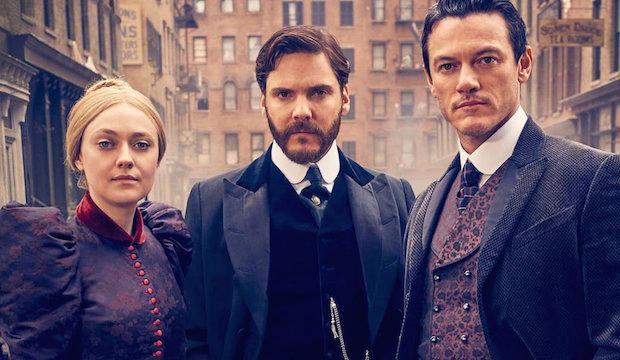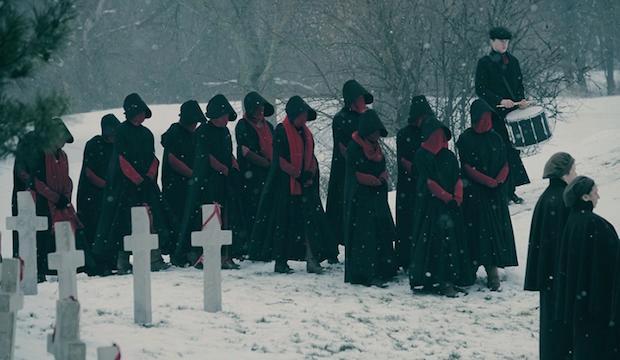
Set in 1890s New York during the dawn of modern psychiatry, we meet the magnificently moustachioed Dr Lazlo Kreizler (Daniel Brühl) as a criminal psychologist or an 'alienist' (a term that derives from the 19th-century belief that those suffering from mental illness were 'alienated from themselves'). Kreizler is our Sherlock Holmes stand-in for the series. But, unlike most Sherlock knock-offs, Krieizler is soft and curious, despite being a professional know-it-all sleuth who lives by his 'own rules'.
In fiction, all private investigators are hated by the police, and so it is here. Kreizler must send his right-hand-man, the newspaper illustrator John Moore (Luke Evans), to infiltrate a crime-scene where a male prostitute child dressed as a girl has been chopped into pieces, and now looks as though 'an animal had torn him apart'. Queue the camera's slow zoom into the dead child's empty eye-socket. We told you it was macabre.
Lots of money has clearly been spent on making The Alienist visually compelling, which it is, despite the brown, grey and urine yellow palette compulsorily in every Victorian city drama. And even though it was shot in Budapest, there's a real sense of what New York must have been like at the turn of the 20th century as the streets are full of thin, suffering faces and a collision of different accents from around the world.
The Alienist has echos of Netflix's last serial killer drama, David Fincher's Mindhunter, but has the added benefit of Sara Howard (Dakota Fanning) who observes the stupidities and hypocrisies of clever men as she helps Dr Kreizler and Moore with their case. Slick writing, soft characterisation and a complicated plot, make The Alienist another feather in the overcrowded Netflix cap.
| What | Netflix: The Alienist review |
| When |
On 19 Apr 18, Netflix |
| Price | £n/a |
| Website |




